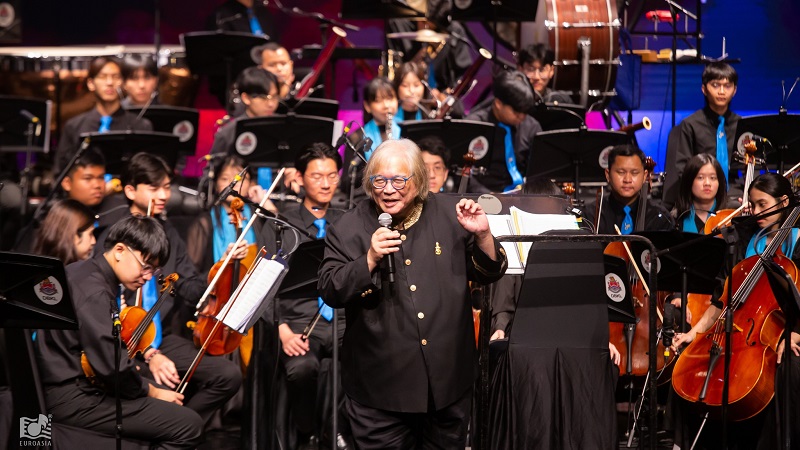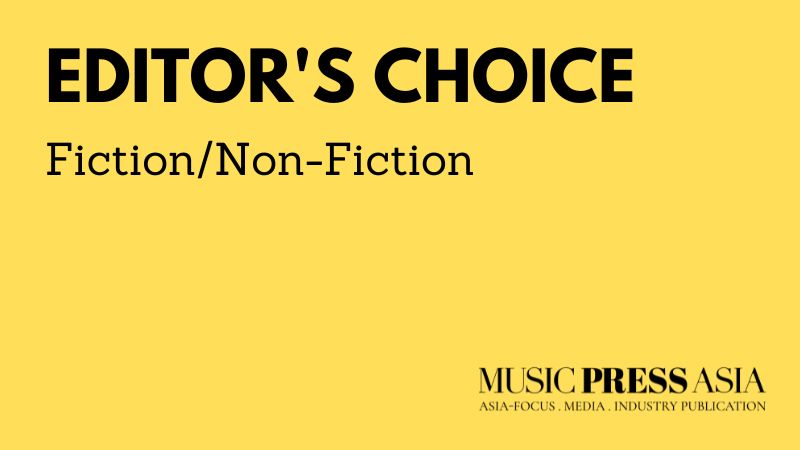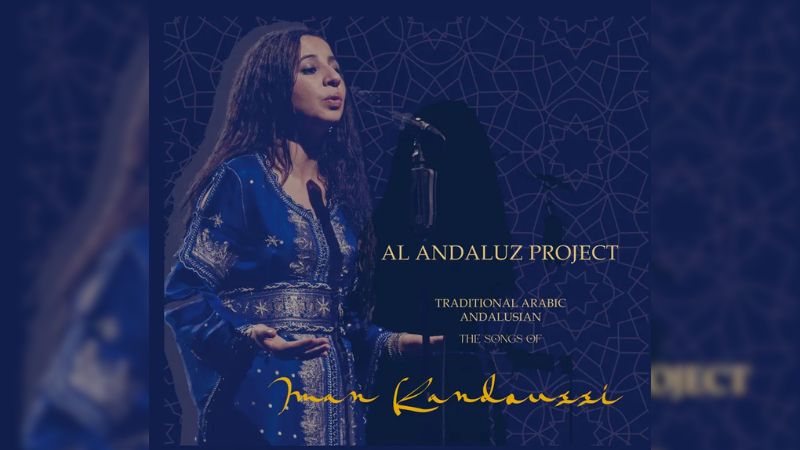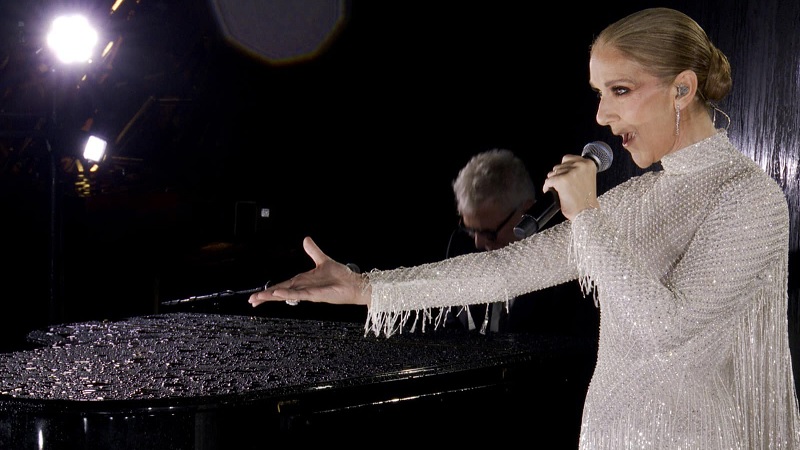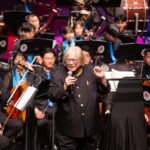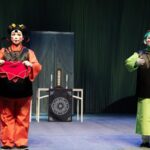Malaysia’s National Symphony Orchestra Istana Budaya Review
Istana Budaya’s 2023 season featuring the classical music series showcased an imaginative programming of the National Symphony Orchestra’s Nasran bin Nawi with works by Mendelssohn and Reinecke alongside less well known composition by Dittersdorf.
Istana Budaya’s 2023 season featuring the classical music series showcased an imaginative programming of the National Symphony Orchestra’s Nasran bin Nawi with works by Mendelssohn and Reinecke alongside less well known composition by Dittersdorf.
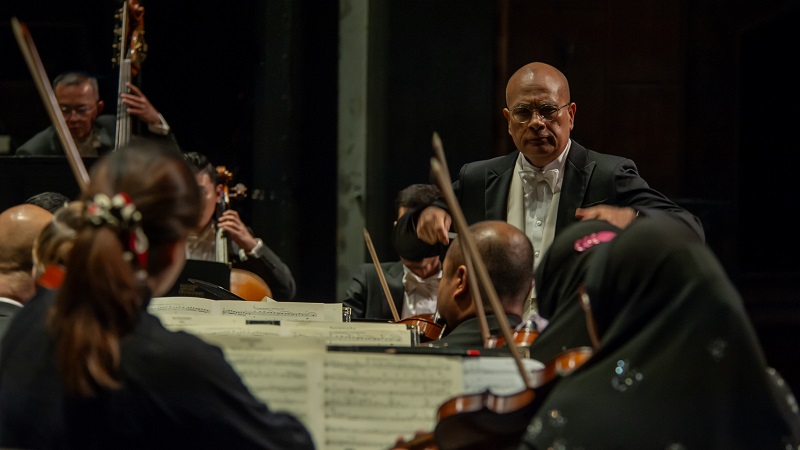
The National Symphony Orchestra’s celestial program for the second concert of the 2023 classical music esroes bore the stamp of Nasran Nawi, who took over as acting Music Director in 2020 and has been expanding its repertoire in new directions.
As the Saturday evening sun began to set in the distance, I drove past the Titiwangsa Lake just before arriving at Istana Budaya’s ground. Taking a moment to see the last sunlight appear on the turquoise folds on the roof, I quietly think about how Mendelssohn’s String Symphonies initially performed at home in the 1800s have now made it into the 21st century.
It felt surreal as soon as I walked into the stately foyer of Istana Budaya. A light crowd has already formed around a young harpist; she is serenading and setting the tone for what is to come.

Felix Mendelssohn with National Symphony Orchestra, Malaysia
In the main hall, the evening sees the first program of the night: Felix Mendelssohn’s String Symphony No. 12 in G minor.
Composed between 1821 and 1823, Mendelssohn was only a teenager. It is not surprising that this early classical music composition is traditionally shaped after Baroque music.
Nasran Nawi pursues the fugue and dense texture of polyphony with solemn urgency. The chromaticism and modulation formed part of the lyrical contrasts of the symphony gives Mendelssohn’s rhythm wit, something that sees great influence from composers such as Haydn, Mozart and Bach.
Harp with Bryan Lee
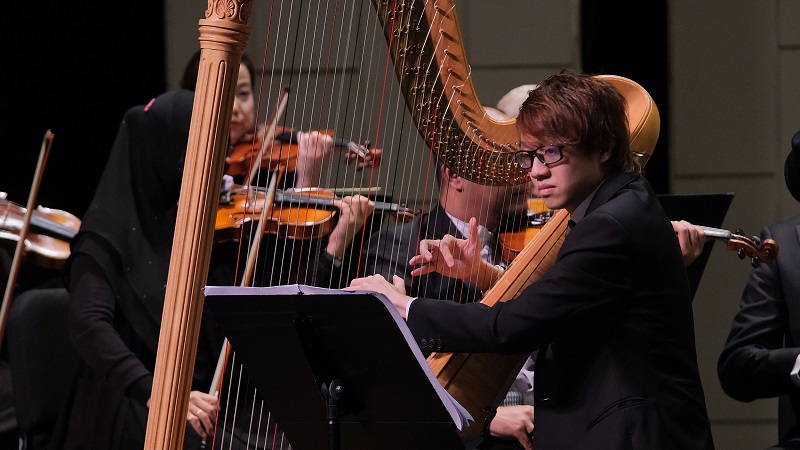
If there is any music that can instantly evoke serenity and well-being, you could call up Carl Ditter von Dittersdorf’s Harp Concerto in A major. The music is full of clever twists and turns, as well as changes in speed and volume.
The harp soloist Bryan Lee and the orchestra take turns to play the tunes, sometimes copying each other, sometimes doing their own thing. The angelic expression and cascading pings of the plucked strings fill the hall with an air of heightened fragility, yet sanguine and harmonious.

Unlike an audio recording (something we’ve gotten used to over the covid-19 pandemic), the music feels like snow dust on fluffed cloud that can only be conjured with the agility of a harp.
Romantic music in the 21st century
Perhaps the finale lacked something of the music’s playfulness, but the robust propulsion of Nawi’s leadership counted for much. Reinecke’s Serenade for strings in G minor is a 6-movement piece that cleverly demonstrates the elegance and versatility of the composer’s Romantic style.

With witty pizzicato in the Scherzo to the display of counterpoint in the Fughetta, the NSO displayed great musician- and showmanship, convincing its audience of its integrity as a great expressionist of German music.
To end the evening, Nawi announced its encore number, an arrangement of Warisan – a patriotic rendition for Malaysia’s National Day month and a Sudirman classic.

Lambang Sari upcoming concert: NSO Celebrates String Serenades of Classical Music Period
Series III, on Oct. 21, 2023
Josef Suk, Serenade for strings in E flat major, Op. 6
Pyotr Tchaikovsky, Serenade for string in C major, Op. 48
Series IV, on Nov. 18, 2023
Felix Mendelssohn, Overture The Hebrides
Wolfgang Mozart, Piano Concerto No. 23 in A major, K488 (Celestin Yoong, piano)
Felix Mendelssohn, Symphony No. 4 in A major
For more concert and ticketing information, visit Istana Budaya’s official website here.

